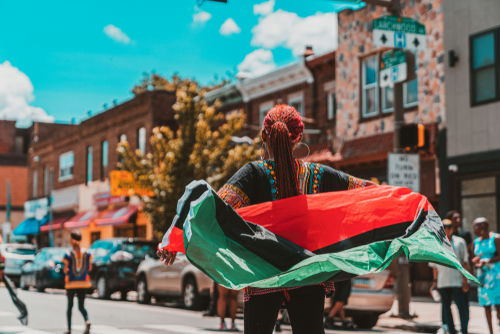Former Kenyan Prime Minister Raila Odinga, a towering figure in East African politics whose decades-long fight for democratic reforms shaped Kenya’s political landscape, has died at age 80 from a heart attack while traveling in India.
Political Legacy Spans Five Decades
Raila Odinga’s death marks the end of an era in Kenyan politics, where he served as both prime minister and opposition leader across multiple decades. His career began in the 1970s when he emerged as a vocal critic of authoritarian rule under President Daniel arap Moi. Odinga’s unwavering commitment to democratic principles earned him both imprisonment and exile, yet he continued advocating for constitutional reforms and multiparty democracy throughout Kenya’s turbulent political transitions.
Five Presidential Campaigns Defined Career
Odinga’s persistence in seeking Kenya’s highest office became legendary, as he mounted five separate presidential campaigns between 1997 and 2022. His populist message resonated with millions of Kenyans who viewed him as a champion of the common people against entrenched political elites. Despite never winning the presidency, his campaigns consistently forced incumbent governments to address issues of corruption, economic inequality, and democratic governance that might otherwise have been ignored by Kenya’s political establishment.
Regional Influence Extended Beyond Kenya
Beyond Kenya’s borders, Odinga wielded significant influence across East Africa, serving as a mediator in regional conflicts and advocating for greater economic integration. His recent role as the African Union’s High Representative for Infrastructure Development demonstrated his commitment to continental unity and development. International leaders frequently sought his counsel on African political matters, recognizing his deep understanding of the continent’s challenges and his ability to bridge divides between competing factions and ideologies.
Democratic Reforms Transformed Nation
Odinga’s most lasting contribution may be his role in Kenya’s constitutional reform process, which culminated in the 2010 constitution that decentralized power and strengthened democratic institutions. His willingness to form a coalition government with former rival Mwai Kibaki after the disputed 2007 election, despite widespread violence, demonstrated his commitment to national unity over personal ambition. This pragmatic approach to politics helped stabilize Kenya during one of its most challenging periods and established precedents for peaceful conflict resolution.

